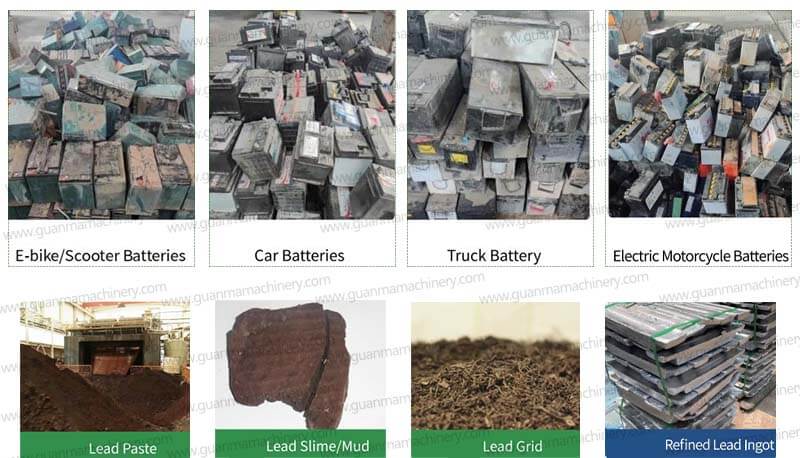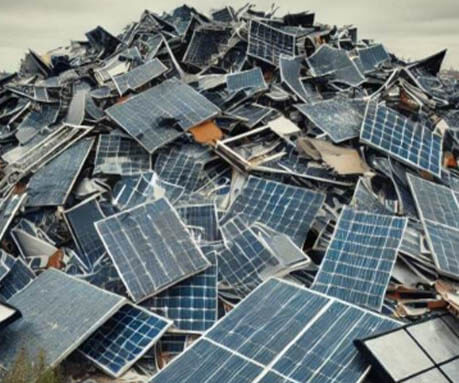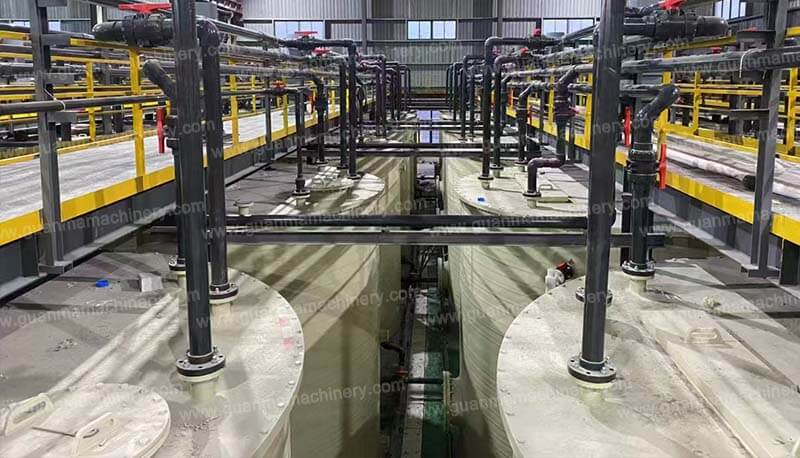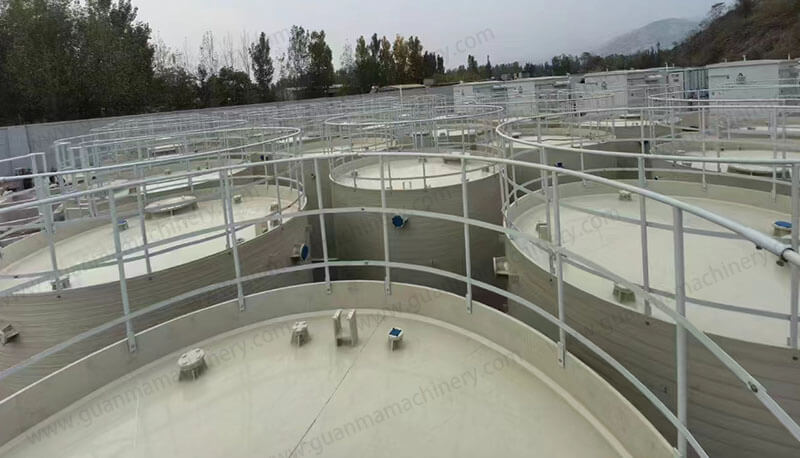When faced with the question of how to dispose of lithium ion batteries, it’s essential to prioritize both safety and environmental responsibility. Improper disposal can lead to hazards such as fires, toxic leaks, and pollution, not to mention the loss of valuable resources. This guide will walk you through the steps to dispose of lithium ion batteries correctly, utilizing battery recycling systems and lithium battery recycling machines to ensure a sustainable outcome.
Understanding the Risks of Improper Disposal
Lithium ion batteries, though highly beneficial in powering our daily devices, pose significant risks if not disposed of properly. They contain hazardous materials that can harm the environment and human health if released improperly. Furthermore, the risk of fire from damaged or improperly stored batteries is real and can lead to serious accidents.
The Importance of Recycling Lithium Batteries
Recycling lithium ion batteries not only mitigates environmental risks but also conserves natural resources by recovering valuable metals such as lithium, cobalt, nickel, and manganese. These materials can be reused in the manufacturing of new batteries, reducing the need for virgin resource extraction.
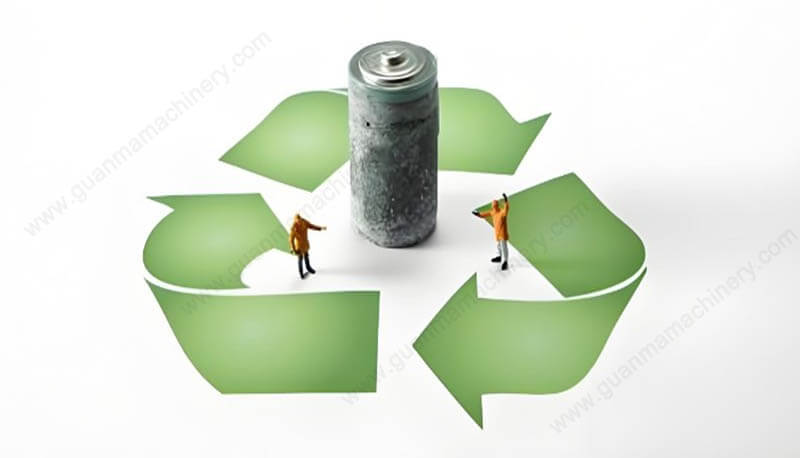
Step-by-Step Guide to Proper Disposal
1. Check Local Regulations
Always start by checking local laws regarding lithium ion battery disposal. Regulations can vary, so it’s important to adhere to guidelines specific to your region.
2. Prepare the Batteries for Disposal
Before disposing of lithium ion batteries, ensure they are fully discharged to minimize risks during transportation and recycling. However, avoid over-discharging as it can damage the battery.
3. Find a Recycling Center
Locate a reputable battery recycling center or facility equipped with lithium battery recycling machines. These centers often have specific programs designed to handle lithium ion batteries safely.
4. Utilize Battery Recycling Systems
Modern battery recycling systems employ advanced technologies to sort, dismantle, and process batteries. These systems ensure that hazardous components are handled safely and that valuable materials are recovered efficiently.
5. Drop Off or Arrange for Collection
Depending on the recycling program, you may need to drop off the batteries at a designated collection point or arrange for a pickup service. Some retailers and manufacturers also offer take-back programs.
The Role of Lithium Battery Recycling Machines
Lithium battery recycling machines play a crucial role in the recycling process. These machines are designed to shred and separate the components of lithium ion batteries, facilitating the extraction of valuable metals. They operate under strict safety protocols to prevent any environmental or health hazards.
Disposing of lithium ion batteries responsibly is not only a legal requirement but also a moral obligation. By following the guidelines outlined above and utilizing battery recycling systems and lithium battery recycling machines, you can contribute to a safer and more sustainable world. Remember, proper disposal ensures that the valuable materials within these batteries are recovered and reused, reducing waste and conserving resources.

